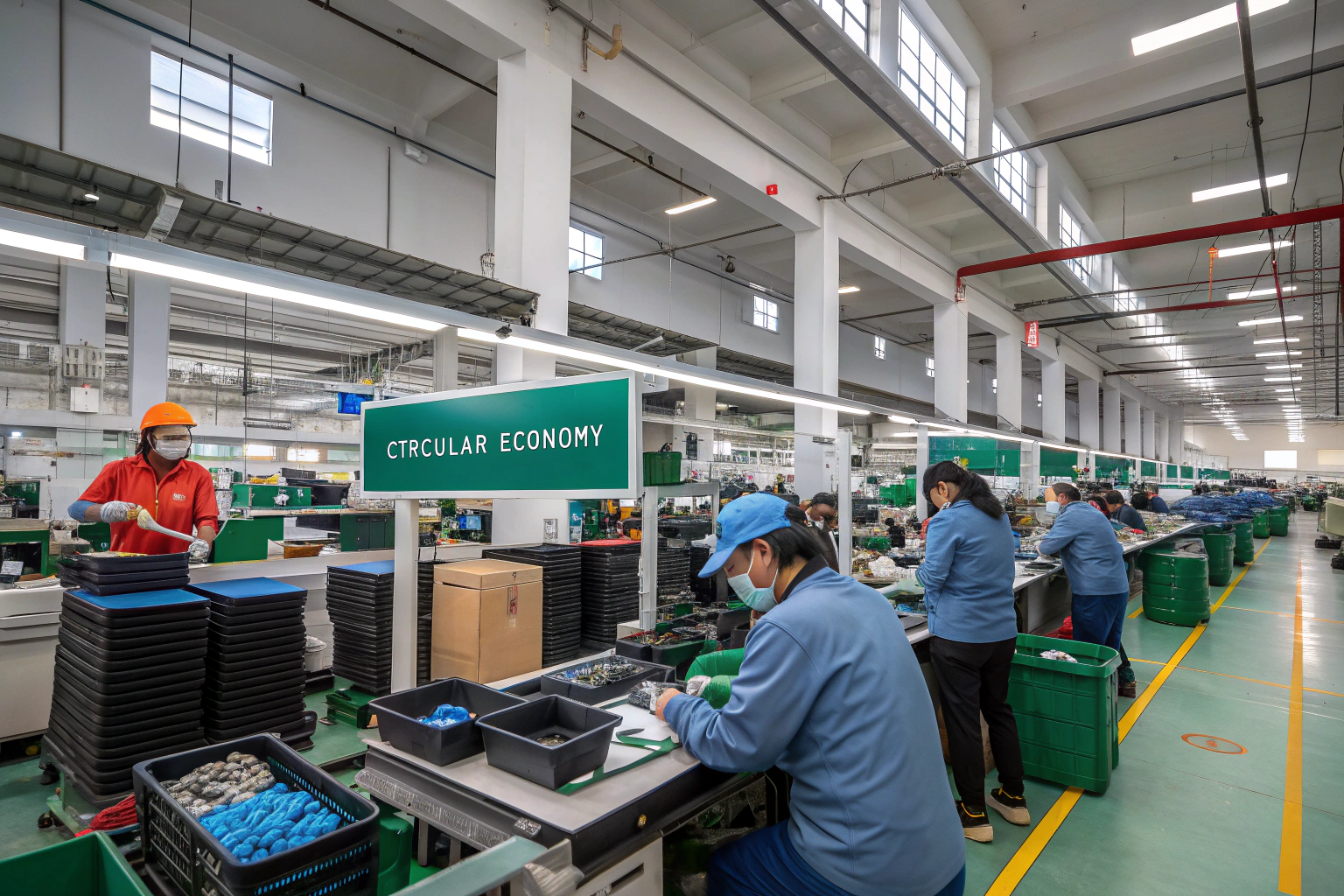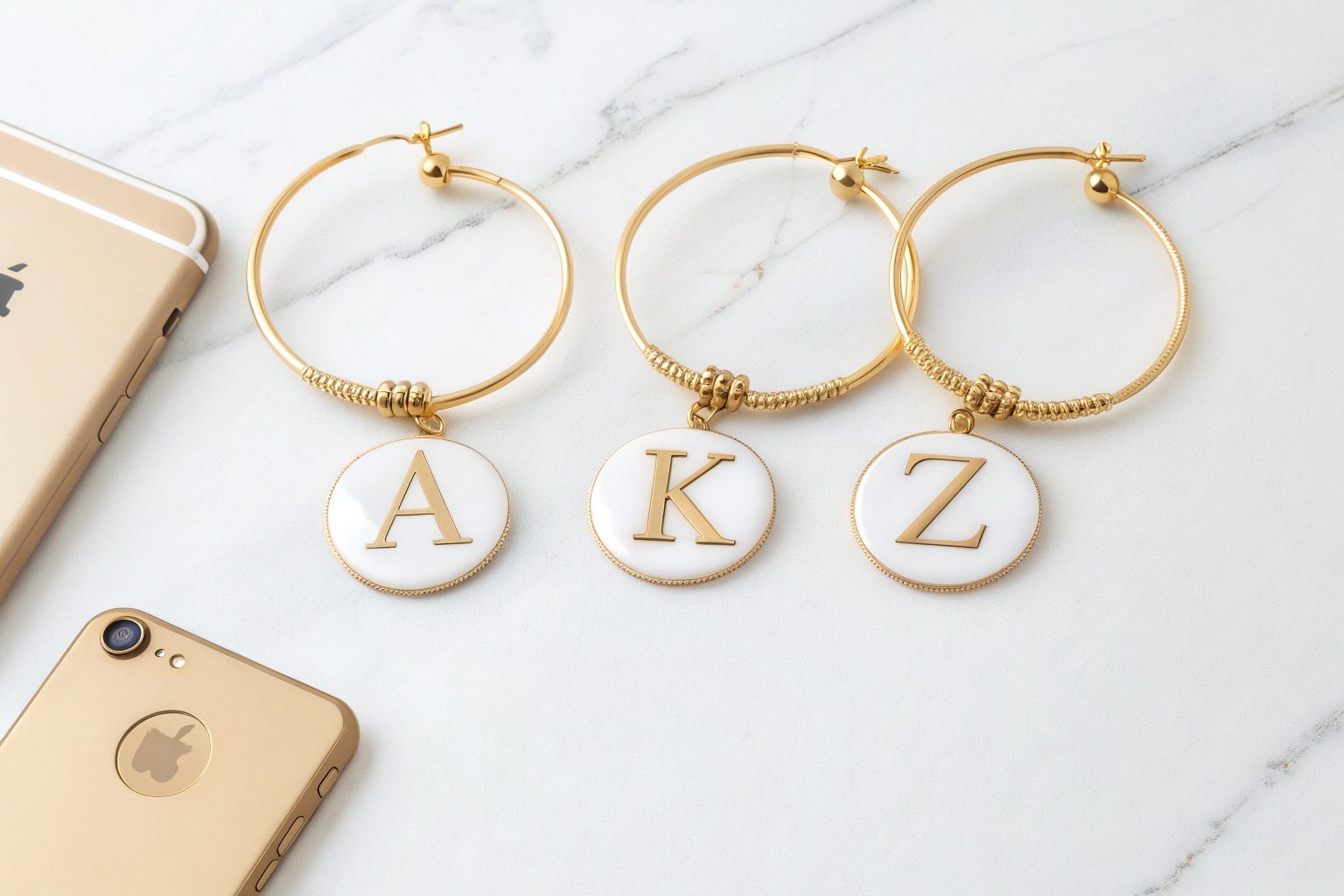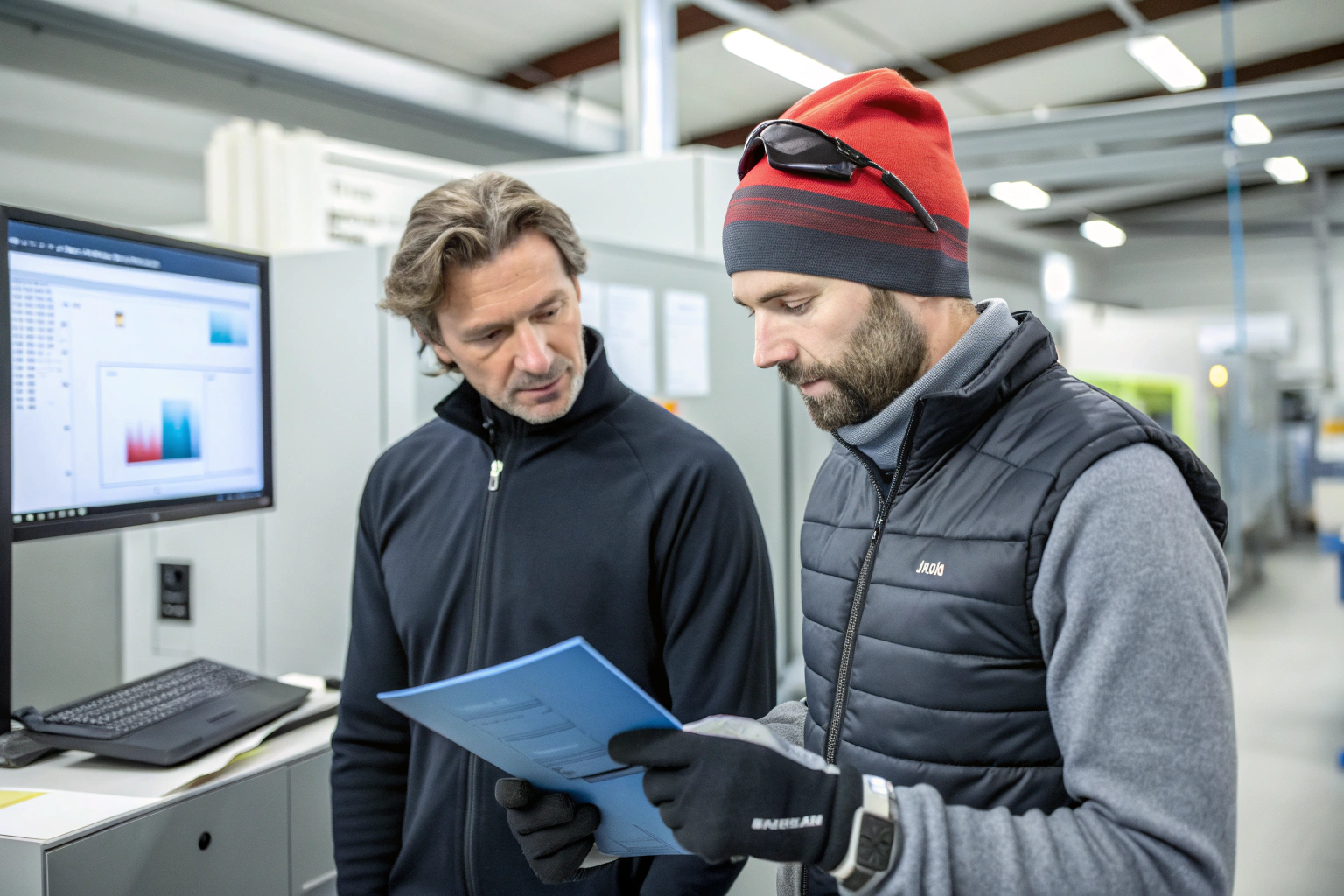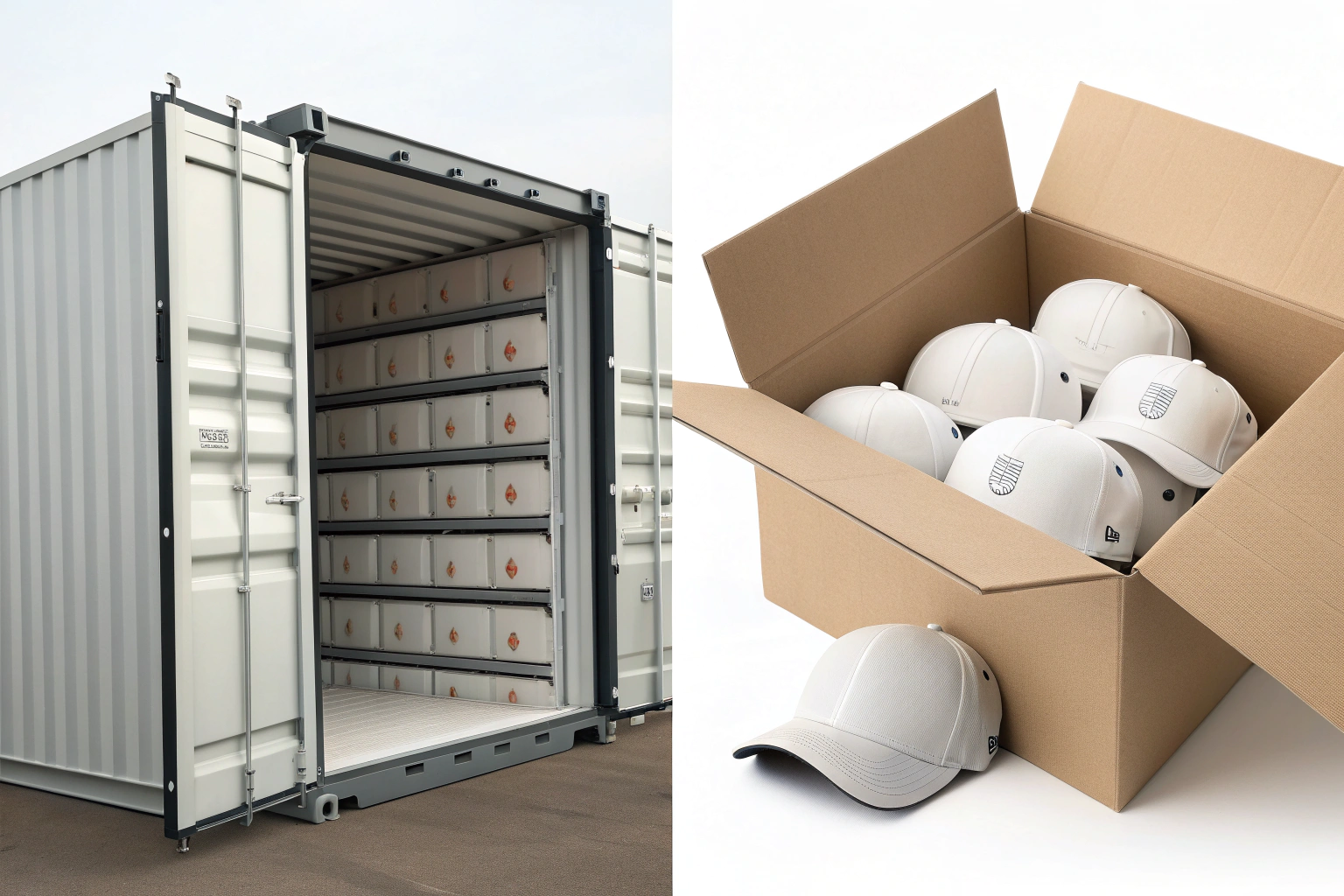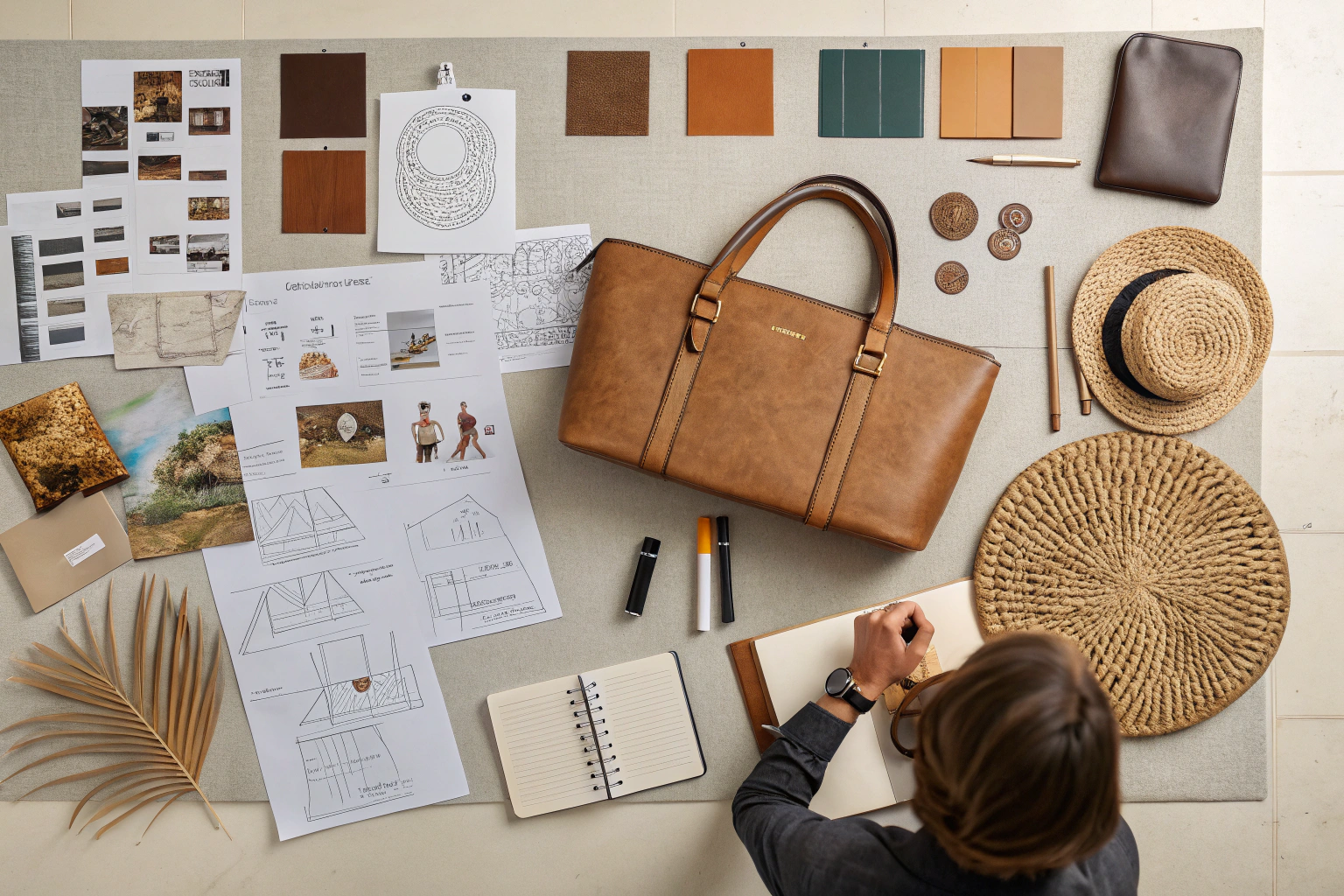Sourcing accessories from a factory that adopts circular economy practices offers numerous advantages for businesses, consumers, and the environment. Circular economy principles focus on reducing waste, reusing materials, and recycling products to create a closed-loop system that minimizes resource consumption and environmental impact. By partnering with manufacturers that implement these practices, companies can enhance their sustainability efforts, improve product quality, and gain a competitive edge in the market.
How Does Circular Economy Benefit Environmental Sustainability?
Implementing circular economy practices in accessory manufacturing significantly reduces environmental impact by minimizing waste and conserving natural resources. Factories that embrace these principles focus on designing products for longevity, reusing materials, and recycling components at the end of their life cycle. This approach leads to a decrease in landfill waste, reduction in pollution, and less strain on raw material extraction. By choosing to source from such factories, businesses contribute to a more sustainable and eco-friendly supply chain.
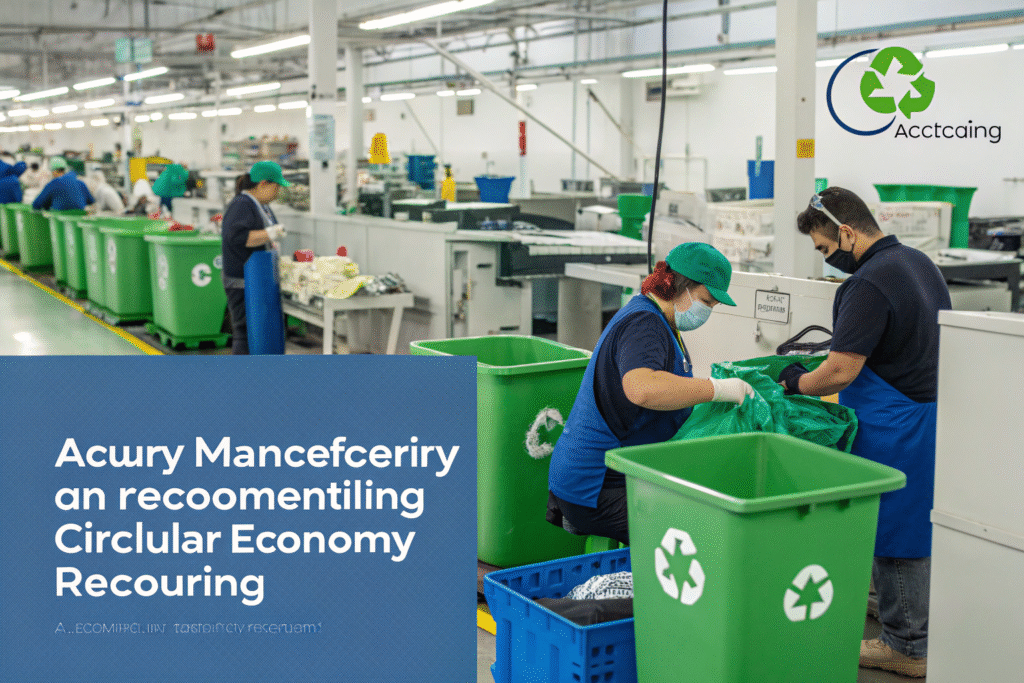
What Are the Environmental Advantages of Circular Manufacturing?
Circular manufacturing processes prioritize the use of renewable resources, energy efficiency, and waste reduction. By reusing materials and components, manufacturers can decrease the need for new raw materials, leading to lower carbon emissions and less environmental degradation. Additionally, recycling and repurposing materials reduce the volume of waste sent to landfills, promoting a cleaner and healthier environment.
How Does Circular Economy Reduce Carbon Footprint?
Adopting circular economy practices helps lower the carbon footprint of accessory production by minimizing energy consumption and reducing greenhouse gas emissions. Manufacturers can implement energy-efficient technologies, optimize production processes, and utilize renewable energy sources to decrease their environmental impact. These efforts contribute to mitigating climate change and promoting environmental stewardship.
How Does Circular Economy Enhance Product Quality and Innovation?
Factories that integrate circular economy principles often invest in research and development to create innovative products that are durable, repairable, and recyclable. This focus on product design and quality ensures that accessories meet high standards and have a longer lifespan. Moreover, the emphasis on sustainability can lead to the development of unique and eco-friendly products that appeal to environmentally conscious consumers.
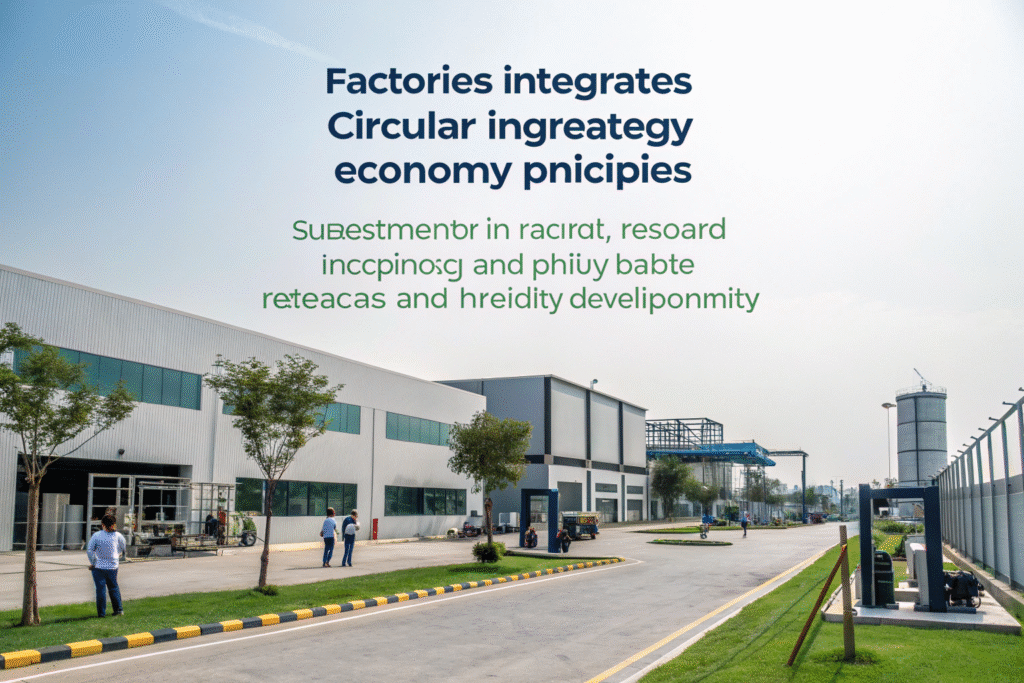
What Role Does Design for Longevity Play in Product Quality?
Designing products with longevity in mind involves selecting high-quality materials, creating modular designs, and ensuring ease of repair and disassembly. This approach not only extends the life of the product but also enhances its performance and user satisfaction. Consumers benefit from products that offer greater value and durability, reducing the need for frequent replacements.
How Does Circular Economy Foster Innovation in Accessory Design?
The principles of circular economy encourage manufacturers to rethink traditional design processes and explore new materials and technologies. This mindset fosters innovation, leading to the creation of accessories that are not only functional and stylish but also sustainable. By embracing circular design, companies can differentiate themselves in the market and meet the growing demand for eco-friendly products.
How Does Circular Economy Improve Supply Chain Resilience?
Implementing circular economy practices can enhance the resilience of supply chains by reducing dependence on finite resources and minimizing exposure to supply chain disruptions. By sourcing materials locally, reusing components, and recycling products, manufacturers can create more flexible and adaptable supply chains that are less vulnerable to global shortages and price fluctuations. This approach ensures a more stable and reliable supply of accessories for businesses and consumers.
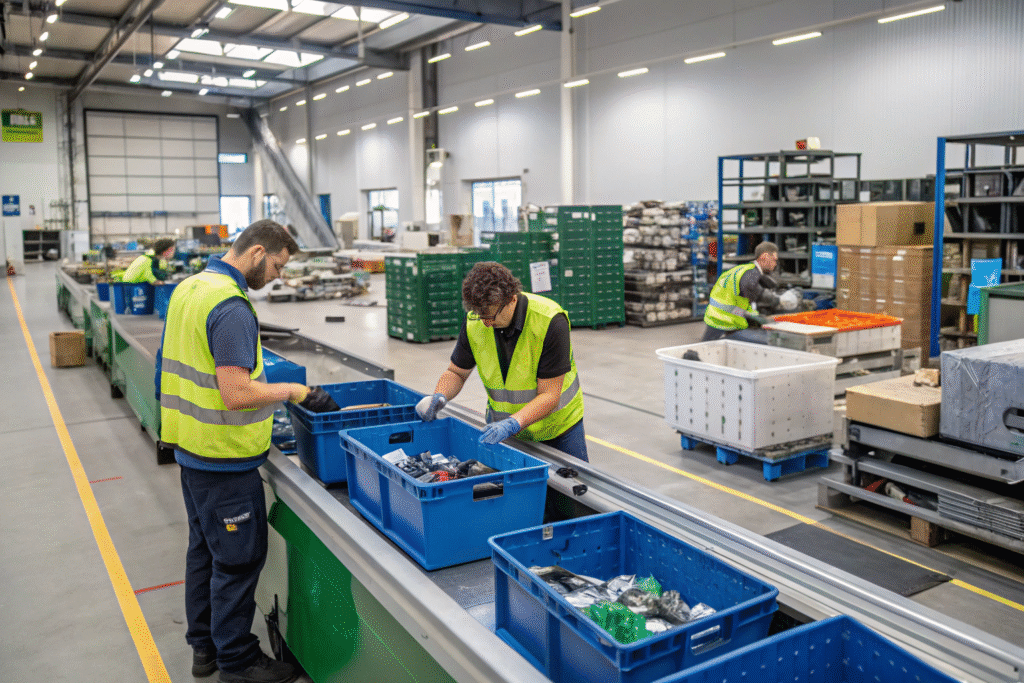
What Are the Economic Benefits of Circular Supply Chains?
Circular supply chains can lead to cost savings by reducing the need for raw materials, decreasing waste disposal expenses, and improving operational efficiency. By reusing and recycling materials, manufacturers can lower production costs and pass these savings on to consumers. Additionally, the focus on sustainability can attract environmentally conscious customers, potentially increasing sales and market share.
How Does Circular Economy Mitigate Supply Chain Risks?
By adopting circular economy practices, manufacturers can reduce their reliance on global supply chains for raw materials, decreasing exposure to geopolitical tensions, trade disputes, and other external risks. Local sourcing and material reuse contribute to a more secure and stable supply chain, ensuring consistent availability of accessories and reducing the likelihood of production delays.
How Does Circular Economy Align with Consumer Expectations?
Consumers are increasingly aware of the environmental impact of their purchases and are seeking products that align with their values. By sourcing accessories from factories that implement circular economy practices, businesses can meet the growing demand for sustainable products. This alignment with consumer expectations not only enhances brand reputation but also fosters customer loyalty and trust.
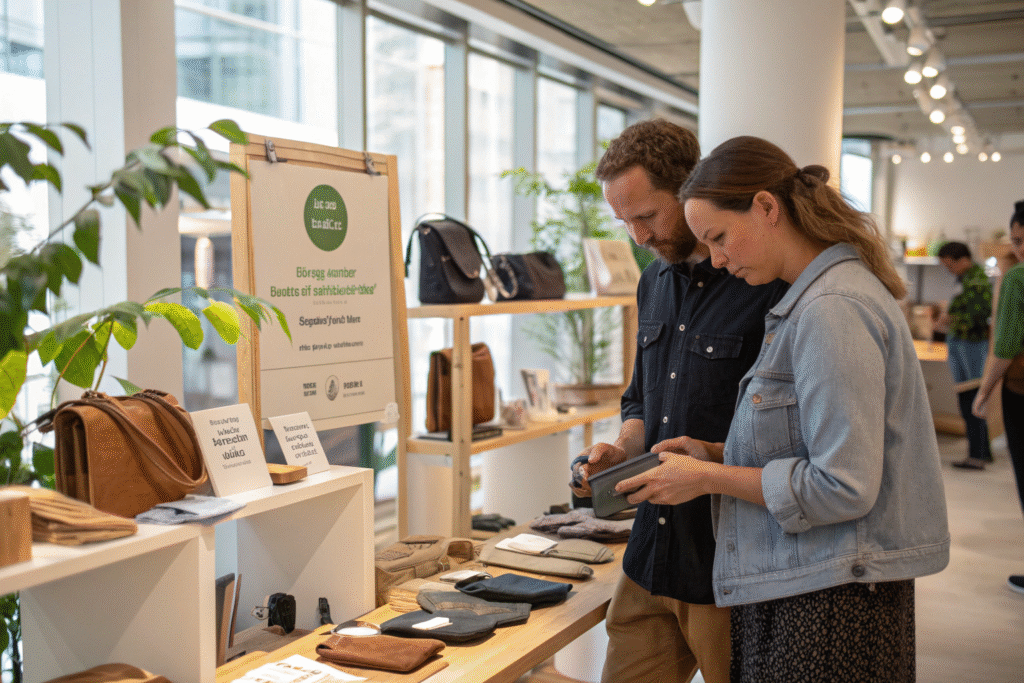
What Impact Does Sustainability Have on Brand Image?
Brands that prioritize sustainability and circular economy principles are viewed more favorably by consumers, leading to improved brand image and reputation. Demonstrating a commitment to environmental responsibility can differentiate a brand in a competitive market and attract a loyal customer base that values ethical practices.
How Does Circular Economy Influence Consumer Purchasing Decisions?
Consumers are more likely to purchase products from companies that demonstrate environmental responsibility and sustainability. By offering accessories produced through circular economy practices, businesses can appeal to eco-conscious consumers and influence their purchasing decisions. This approach not only meets consumer demand but also contributes to positive environmental outcomes.
Conclusion
Sourcing accessories from a factory that adopts circular economy practices offers numerous benefits, including environmental sustainability, enhanced product quality, improved supply chain resilience, and alignment with consumer expectations. By partnering with manufacturers that prioritize circular economy principles, businesses can contribute to a more sustainable future while gaining a competitive edge in the market.
If your company is interested in sourcing accessories from a factory committed to circular economy practices, consider partnering with AceAccessory. Our factory in Zhejiang Province, China, implements sustainable manufacturing processes and offers a range of high-quality, eco-friendly accessories. Contact our Business Director, Elaine, at elaine@fumaoclothing.com to learn more about our products and services.

